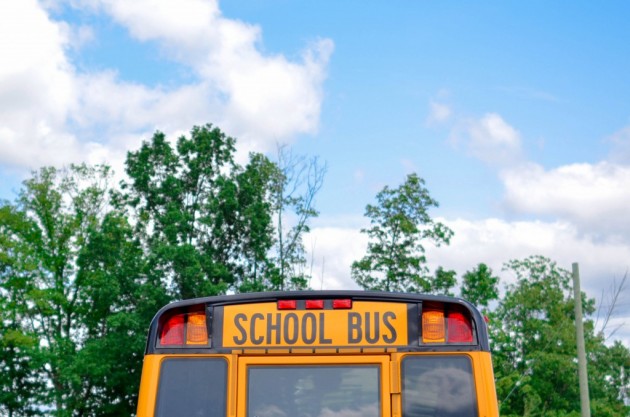Gentrification is taking its toll on Blacks in major cities across the nation, especially in Washington, D.C.
“We face gentrification-and condos. It was more beautiful before we got so crowded,” said Lauretta Chambers Jackson, a 55 year old District resident, to the Washington Post.
Simply put, gentrification is the movement of affluent people into poor urban neighborhoods. Gentrification squeezes out many of the people who have long lived in the city, who moved there because of the affordable rent.
In recent years Washington has benefited financially because more residents in the city increase tax dollars, which in turn builds up the city’s economy; but in the process the residents end up divided socially according to socio-economic status.
“[Gentrification] has its positive side for the affluent people who move there. But it’s not good for the people who built their lives there,” said Udo Asomugha, a senior majoring in urban studies and planning at University of California San Diego. “I don’t agree with it because it’s displacing low income families.”
In 2003, the Washington Post reported that since Anthony A. Williams has been in office, housing values in many communities have soared to the point where political debate dwells not on urban blight but on the perils of gentrification.
“For the Blacks that own homes, [gentrification is] good for them. But for the Blacks who are living paycheck to paycheck it’s a bad thing because when whites move into thier neighborhood, taxes go up,” said Chris Malcolm, a junior majoring in housing management at University of Maryland-University College.
Washington is special since more than half the property within its borders is owned by tax-exempt entities such as the federal government, the Washington Post reported. D.C. officials have long argued that those limits give them few options for generating new revenue to improve services or reduce tax rates that are among the nation’s highest.

